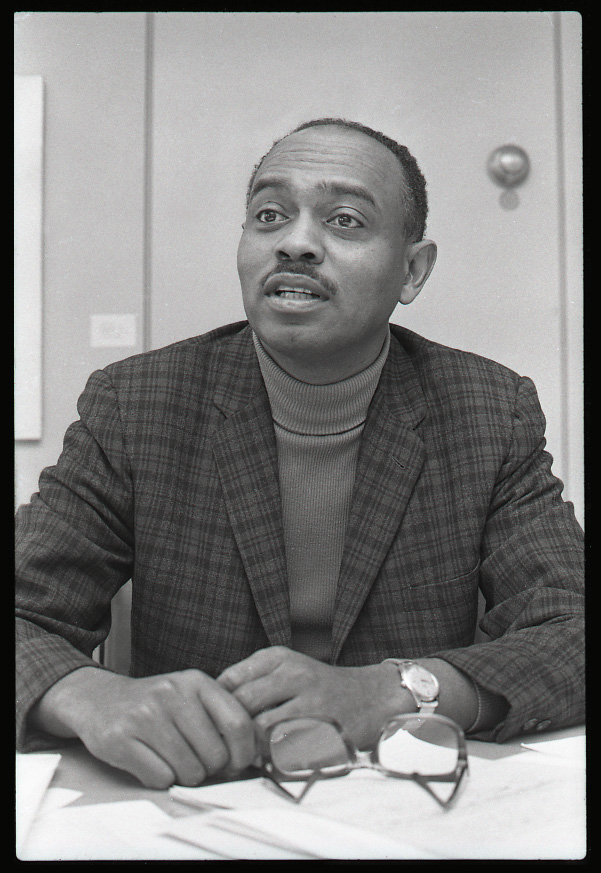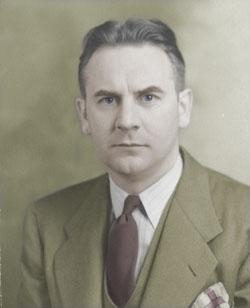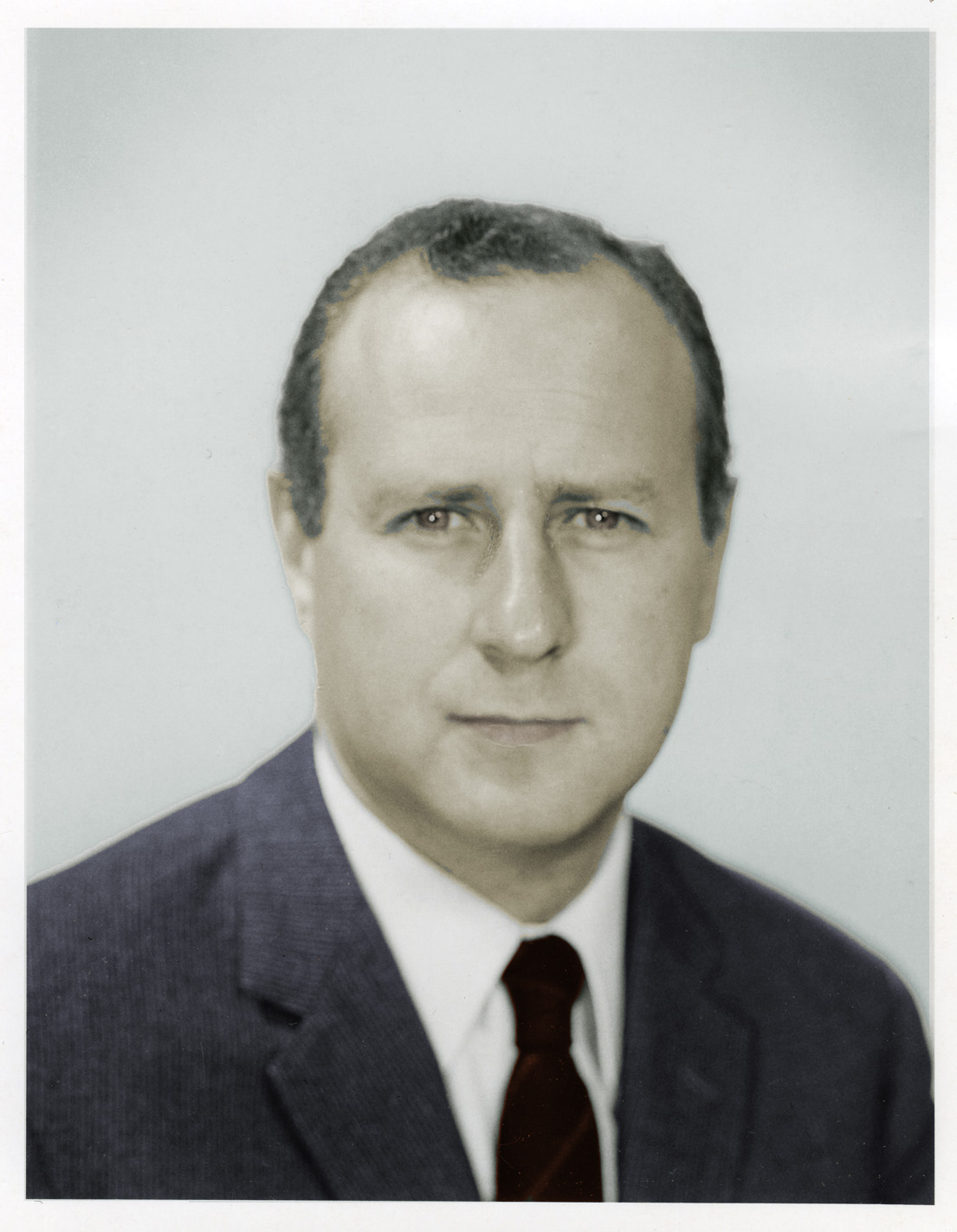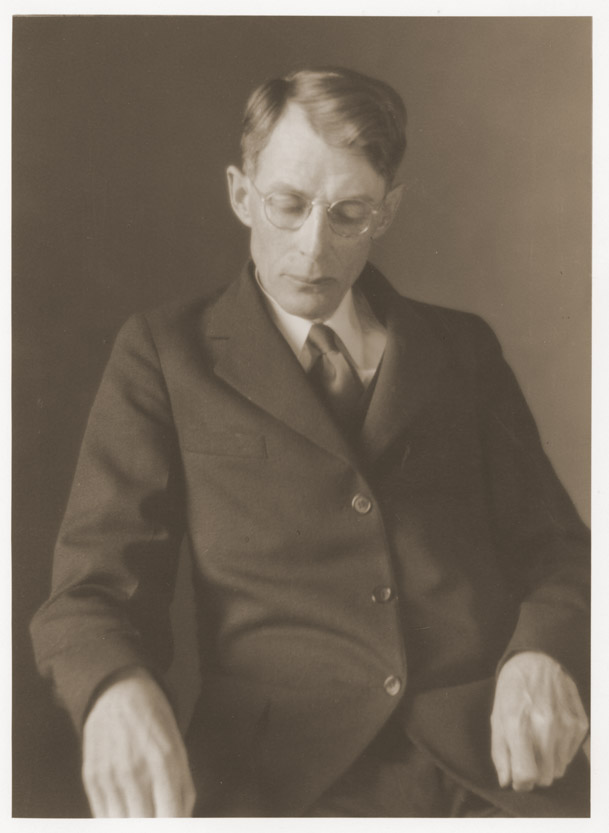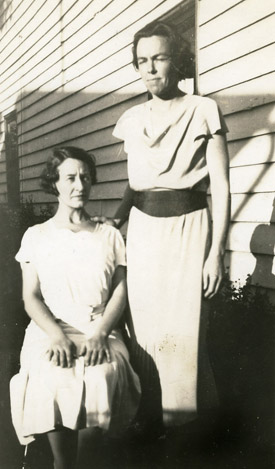Talking Truth Collection
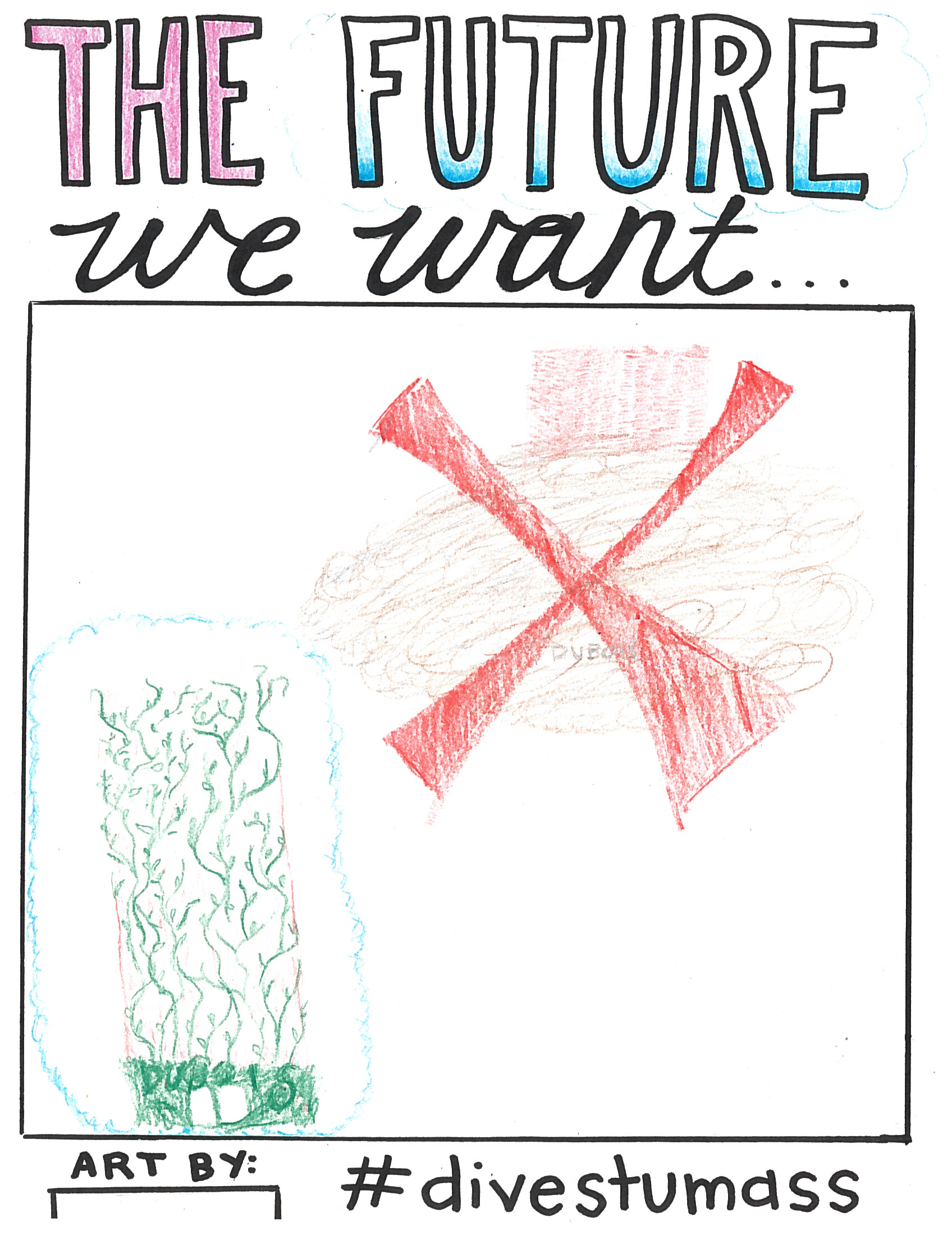
Co-founded by Madeleine Charney, Lena Fletcher, and Kris Nelson, Talking Truth began as a workshop on climate activism held during the Fall of 2015. The original workshop focused on the overwhelming nature of the climate crisis and provided a three part discussion aimed at helping UMass Amherst students, faculty, and librarians find their individual voices as activists and to support collaboration among UMass community members in their efforts to combat climate change. The discussion included a letter writing activity asking writers to share their feelings about climate change. This activity originated in Fletcher’s Natural Resources Conservation course, “Environment and Society” and more letters were written at subsequent Talking Truth events. Through 2018, Talking Truth held a variety of other events including film screenings, author talks, and a booth at the Amherst, Mass. Sustainability Festival.
The Talking Truth Collection consists of letters written during Talking Truth workshops, events, and in Lena Fletcher’s classes. There is also a small group of drawings done as part of the “Teach-in, freak out: building power in a climate of urgency” on November 19th, 2015, which was sponsored by the UMass Fossil Fuel Divestment Campaign.


